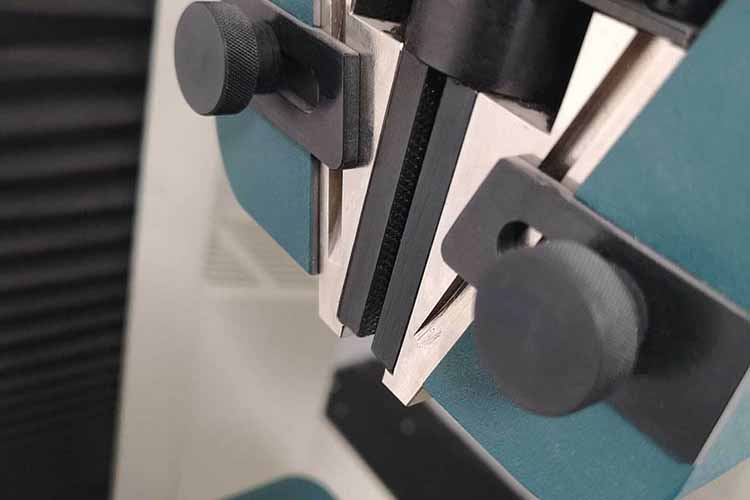Introducing KONDUCT – A range of thermally conductive polymer compounds to solve all your thermal management challenges. KONDUCT can assist from design, prototype production, material testing (mechanical, physical and importantly thermal conductivity), through to full production of final compound.

Common applications include heat sinks for electronic devices and LED lights, geothermal pipes, thermally conductive pads, battery cooling systems among many others. In the automotive industry in particular, KONDUCT technology becomes an essential component. Fuel emissions are an ever-growing concern, and as a result we are seeing a significant rise in both hybrid and electronic vehicles hitting the roads. One of the key factors that plays a role in high emission rates is the weight of the vehicle itself. That’s where KONDUCT comes in. We are able to design bespoke thermally conductive compounds for your lightweight polymer components like battery housings and cooling systems, to ensure that all thermal management challenges are met.
In typical thermal management situations across all industries, materials such as metals and/or ceramics are traditionally utilised. The ability to use plastics and elastomers in such scenarios allow their additional benefits to be taken advantage of, for example lower weight, resistance to corrosion, toughness and ease/speed of manufacture. In many thermal management situations, most of the heat transfer is typically convection limited (free air cooling). In such cases, the convection can create a bottleneck and the high thermal conductivity of metals, for example, is unnecessary. A well designed thermally conductive polymer can potentially keep up with the convection rate and perform equally as well.
Chris Vince, Research & Development Manager for KONDUCT, had this to say: “Being able to utilise polymers for thermal management solutions offers proven benefits over traditional materials such as metals. At KONDUCT we have developed extensive knowledge of the various additive systems suitable for boosting thermal conductivity of polymer compounds. With this core knowledge and our extensive test facilities, we are able to support the development and production of polymer compounds for all thermal management challenges. This understanding is key to successful developments, as we are able to fully consider and characterise not just thermal conductivity but also processability, mechanical performance and costs.”
If you are currently looking for a heat management application for your polymer compound products, please contact Chris Vince at chris@radicalmaterials.com or call us on 01495 211400.

















